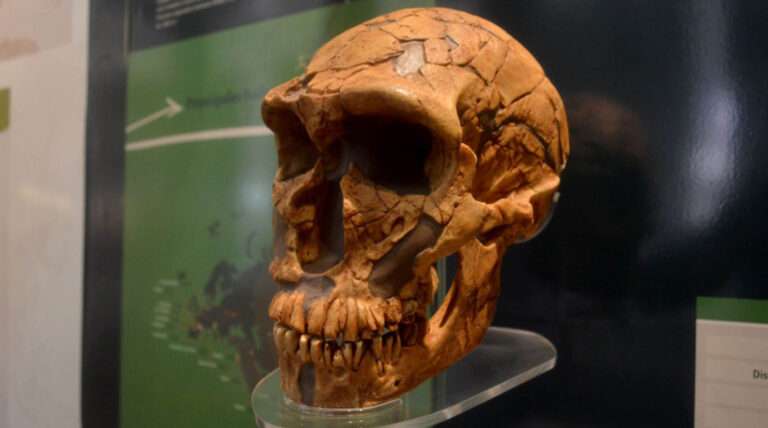
Modern Human Noses Came From Neanderthals, Says Study
Modern humans have their Neanderthal ancestors to thank for their tall, narrow nose shape, a new study has revealed. The study - led by researchers from the University College London…

Modern humans have their Neanderthal ancestors to thank for their tall, narrow nose shape, a new study has revealed. The study - led by researchers from the University College London…
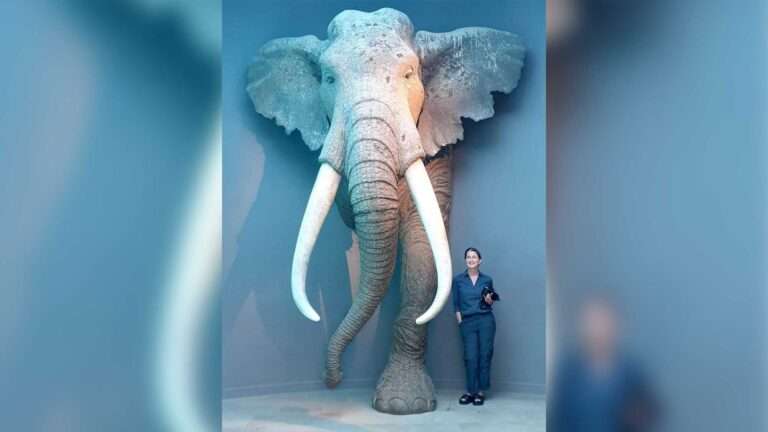
Primitive human ancestors were skilled hunters tracking down and killing giant elephants for food 125,000 years ago, a new study has revealed. The study of a pit containing animal remains…
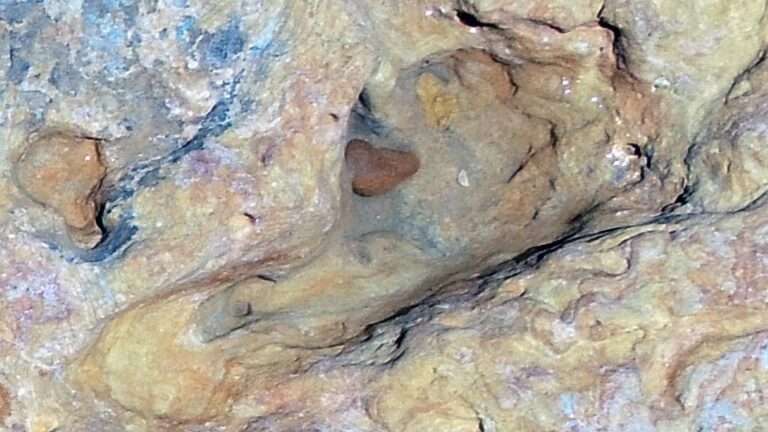
Ancient human footprints found in southern Spain two years ago have been declared nearly 300,000 years old, making them unique in Europe. The footprints are now believed to be 200,000…
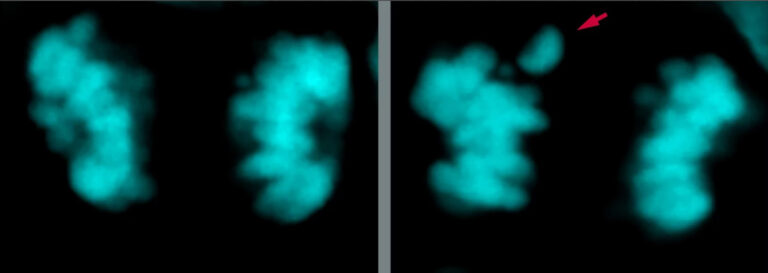
Modern human brains make fewer mistakes than those of Neanderthals despite being of similar size, scientists in Germany have found. Researchers from the German Max Planck Institute have discovered that…
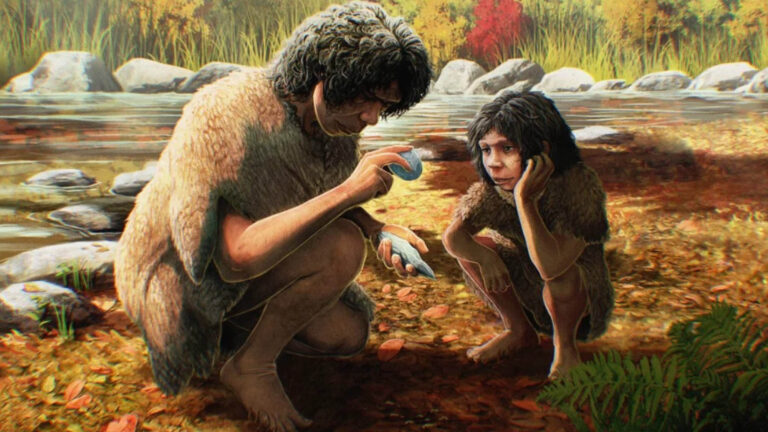
Some of Britain's earliest humans lived on the outskirts of Canterbury in Kent between 560,000 and 620,000 years ago, a groundbreaking new study has revealed. The study, which was led…
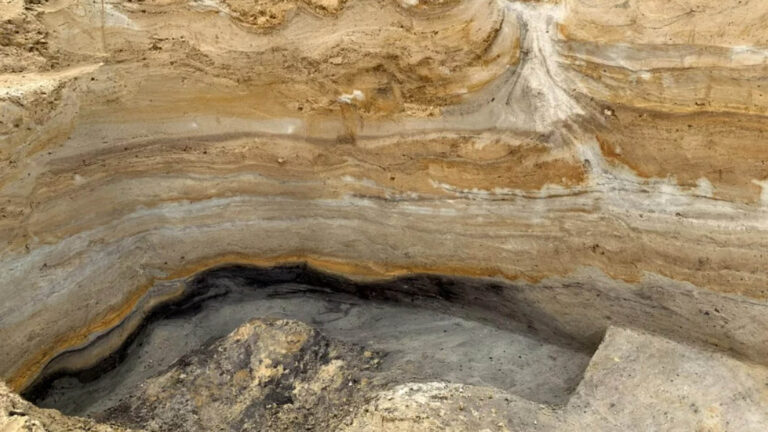
Man's Neanderthal ancestors used to escape warm summers to chill out in the icy climates of northern territories , a new study has revealed. Scientists have discovered that Neanderthals showed…
A piece of DNA that many humans have inherited from the Neanderthals makes it more likely to get a serious bout of COVID-19 but 27 percent less likely to get…
Archaeologists have discovered a ‘workshop’ containing nearly 17,000 flint knives and other objects created 60,000 years ago by Neanderthals. The startling discovery was made in the village Pietraszno in Silesian…